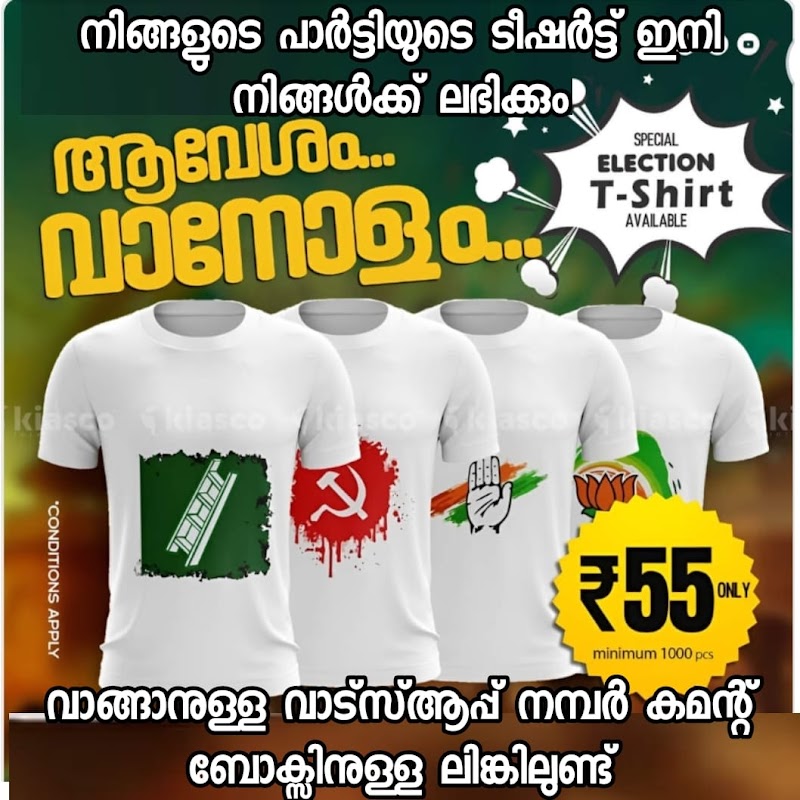Election campaigns are dynamic and pivotal periods in the democratic process, serving as the battleground where candidates vie for the support of voters and seek to persuade them to cast their ballots in their favor. These campaigns are marked by a flurry of activity, including rallies, debates, advertisements, and outreach efforts, as candidates and their teams strive to connect with constituents and communicate their platforms and messages effectively.
At the heart of any election campaign is the candidate's platform—a set of policies, priorities, and promises that define their vision for governance and guide their campaign strategies. Candidates use their platforms to articulate their positions on key issues, outline their plans for addressing challenges, and differentiate themselves from their opponents, aiming to resonate with voters and garner their support.
Campaigns also rely heavily on communication and messaging to convey their narratives and reach potential supporters. Through speeches, interviews, social media posts, and advertisements, candidates seek to shape public perceptions, build their brands, and persuade undecided voters to rally behind their candidacy. Effective communication strategies play a crucial role in shaping the outcome of elections, as candidates compete for the attention and allegiance of voters in a crowded and competitive media landscape.
In addition to messaging, election campaigns involve extensive grassroots organizing and outreach efforts to mobilize supporters and get out the vote. Campaign volunteers and staff work tirelessly to identify and engage with voters, whether through door-to-door canvassing, phone banking, or organizing community events. These efforts are essential for building momentum, generating enthusiasm, and ultimately, turning out supporters on Election Day.
Moreover, election campaigns are often characterized by intense competition and strategic maneuvering as candidates jockey for position and seek to gain a competitive edge. From targeting swing voters in key battleground states to deploying sophisticated data analytics and voter targeting techniques, campaigns employ a wide range of tactics and strategies to maximize their chances of success and secure victory on Election Day.
In conclusion, election campaigns are vibrant and dynamic processes that lie at the heart of democratic politics. They provide candidates with the opportunity to engage with voters, communicate their visions for governance, and compete for the support needed to win elections. As the crucible in which democracy is tested and contested, election campaigns play a vital role in shaping the outcomes of elections and determining the course of political history.
WhatsApp Contact : +91 79023 31122








